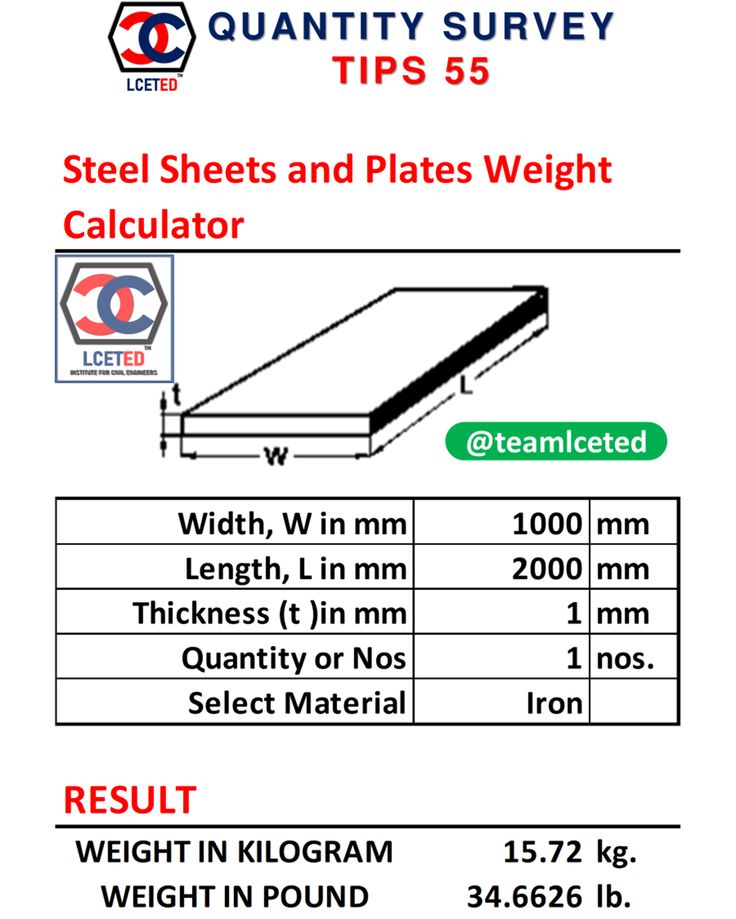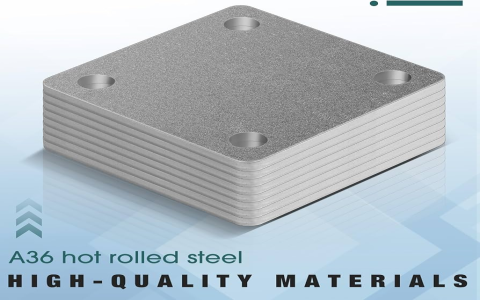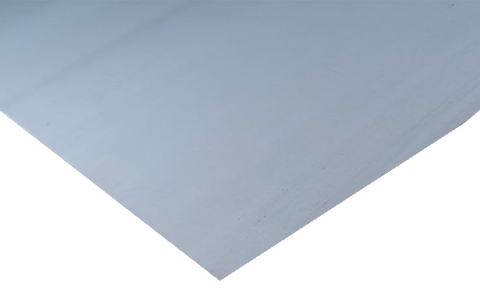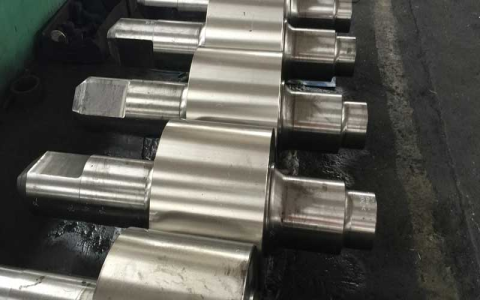Alright, let’s talk about this GI sheet weight thingy. You know, figuring out how heavy them metal sheets are. Folks always askin’ about it, so I figured I’d lay it out plain and simple, like how we talk in the village.
What’s a GI Sheet Anyway?


First off, a GI sheet, that’s just a piece of metal, right? But it ain’t just any metal. It’s galvanized iron, which means it’s got a coatin’ on it to keep it from rustin’. Handy stuff, ya know? Used for roofs, fences, all sorts of things around the farm, and even in the city, I hear.
Why Bother Weighin’ It?
Now, why do you need to know the weight? Well, a few reasons, I reckon. If you’re buyin’ it, you don’t wanna get cheated, right? Gotta make sure you’re gettin’ what you paid for. And if you’re buildin’ somethin’, you gotta know how much weight that roof or that fence is gonna put on things. Don’t want nothin’ collapsin’, that’s for sure.
Figuring Out the Weight – The Easy Way
Now, some folks get all fancy with their calculations, but I say, keep it simple. There’s a way to figure out the weight without gettin’ a headache.
- Length and Width: First thing, you gotta know how big the sheet is. How long is it? How wide is it? You measure that, see? Maybe in meters, maybe in feet, depends on what you’re usin’.
- Thickness: Then, you gotta know how thick it is. That’s important, ’cause a thicker sheet is gonna be heavier, common sense, right? Thickness is usually in millimeters, or sometimes in gauges, whatever that means. Them city folk got their ways.
- The Magic Number: Now, here’s the secret sauce, as them young folks say. You take the length, you take the width, and you take the thickness. And then you multiply ’em all together. But wait, there’s more! You gotta multiply that by another number, somethin’ like 7.87. That’s for the GI sheet kind of metal. Different metals got different numbers, but we’re talkin’ about GI sheets here, so stick to 7.87.
So, let’s say you got a sheet that’s 2 meters long, 1 meter wide, and 1 millimeter thick. You just go 2 times 1 times 1, which is 2. Then you take that 2 and multiply it by 7.87, and you get somethin’ like 15.74. That’s the weight in kilograms, see? Easy peasy.


A Little More on Thickness
Now, that thickness part can be tricky. Sometimes they talk about gauges, like 24 gauge, or 16 gauge. The smaller the gauge number, the thicker the sheet, which don’t make no sense to me, but that’s how it is. If you got the gauge, you might need to look up a chart or somethin’ to see how many millimeters that is. Or just ask the fella sellin’ it, that’s what I do.
Why It Ain’t Always Perfect
Now, this way of figurin’ out the weight, it ain’t perfect, mind you. Sometimes the coatin’ on the metal can make it a little heavier or lighter. And sometimes, the sheets ain’t exactly the size they say they are. But it gets you close enough, ya know? Close enough for government work, as they say.
Using a GI Sheet Weight Calculator
If all this talk about multiplyin’ and measurin’ is makin’ your head spin, there’s an easier way. Them smart folks in the city, they made these things called calculators. You can find ’em online, even on your phone now, imagine that! You just punch in the length, the width, and the thickness, and it spits out the weight. Saves you the trouble of doin’ the math yourself.


Types of GI Sheet Calculators
Now there’s all sorts of these calculators out there. You got your regular GI sheet weight calculator, and then you got ones for specific gauges, like a 24 gauge GI sheet weight calculator. Some even let you calculate the weight of a whole bunch of sheets at once, if you’re buildin’ somethin’ big. Handy, I tell ya.
Other Sheet Calculators
And it ain’t just GI sheets, neither. You can find calculators for all sorts of sheets. Polypropylene sheet weight calculator, PTFE sheet weight calculator, even one for asbestos gasket sheet weight, though I don’t know why you’d be usin’ that stuff, sounds dangerous to me. And if you’re workin’ with strips of metal instead of big sheets, there’s a GI strip weight calculator too. They got a calculator for everything these days, I swear.
In Conclusion
So, there you have it. Figurin’ out the weight of a GI sheet ain’t rocket science. You can do it the old-fashioned way, with a little bit of multiplication. Or you can use one of them fancy calculators, if you’re feelin’ lazy. Either way, it’s important to know the weight, so you don’t get cheated and so you don’t build somethin’ that’s gonna fall down. And that’s all there is to it. Now, if you’ll excuse me, I gotta go feed them chickens.





